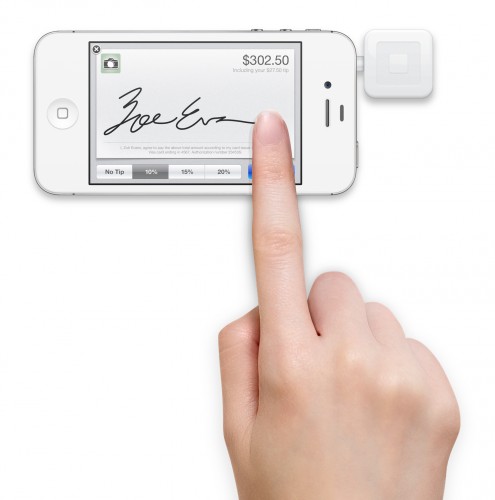The Pew Internet and American Life Project and researchers from Elon University asked over a thousand “experts” about the future of money. Specifically, they were interested in the potential replacement of cash and credit/debit cards with smart-device technologies.
The majority of respondents (65%) believe that smartphones will largely replace cash and credit/debit cards by the year 2020. Others, however, believe that our infrastructure is too closely tied with a cash/card based system to be fully replaced. Further, most experts note that not ALL consumers will make the switch, as some will resist over concerns about privacy and anonymity. Finally, many predict that adoption will differ across demographics (with younger consumers replacing cash/credit at a faster rate than older consumers). Read the full report here.
Indeed, it is not difficult to imagine a largely smart-device based currency system—as this is already prevalent in Japan and growing in the U.S.. The next step is to imagine the social implications of such a system. I believe that these implications will be twofold: First, we will become more efficient consumers. Second, identity and practices of consumption will be more explicitly and directly linked—solidifying the connection between self and stuff.
Digital commerce makes us more efficient consumers, and the ability to fully digitize commerce pushes this efficiency further. Specifically, we can shop remotely, travel lighter, and more easily break through currency boundaries within a globalized economy. The ability to shop remotely is already widespread. A large proportion of smartphone users purchase APPS, give donations, purchase goods and services, and cash in on deals directly from their mobile devices. With an increasing ability to swipe or touch using near-field communication capabilities, the consumer’s full consumption tool kit resides in a single device, reducing the load and making the consumer always prepared for a purchase, whether the desired product is online, inside a brick-and-mortar establishment, or in the possession of a peer. Finally, in a globalized economy, mobile-technologies might help break through or work around currency barriers. As one respondent to the Pew survey notes:
One of the interesting implications of swipe-based transacting is the question of what currency will be used for it. It becomes much easier to handle currency conversions, or insist that all one’s transactions take place (from one’s own side) in a single currency or in whatever currency is at the moment the most advantageous for the transaction.
Of course, “how” these currency barriers will be negotiated remains an open question. As the above respondent continues:
And then the problem starts getting interesting— designing the software that will search among currencies and find the optimum for both parties in real-time is not necessarily easy!
The second implication (which is very much entwined with the first implication of efficient consumerism), will be a more direct and explicit link between self and stuff. Critical theorists have long argued that we literally consume identity through the things that we buy and the media that we ingest. Indeed, Zygmunt Bauman describes a viscous cycle of consuming and trashing identities in a breathless and fruitless attempt to avoid being left behind. Digital commerce, and mobile-based purchasing in particular, holds the potential to amplify this connection. Not only do we display our identities through the products of our consumption, but announce these purchases, increasingly seamlessly (or “frictionlessly”) to our social networks. Imagine that each swipe of the phone becomes part of a Facebook Newsfeed. Increasingly, our purchases will integrate into the curated content of our prosumed profiled selves, which act as both projector and mirror, affecting how others see us, how we see ourselves, and how act and interact in light of this projected/reflected image.
Follow Jenny on Twitter: @Jup83

